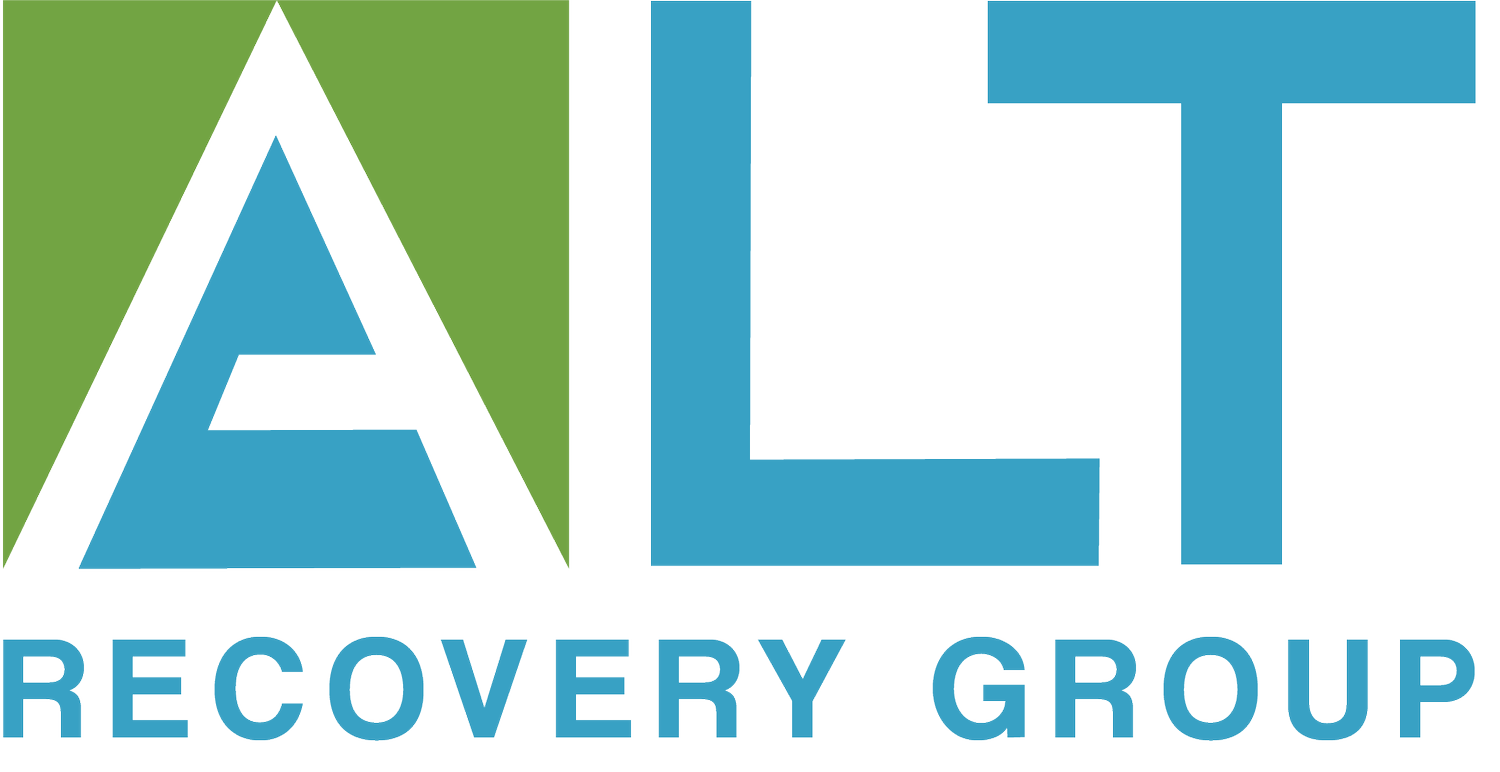Depression, Anxiety, and Opioids: A Tricky Triangle
Unravel the complex relationship between depression, anxiety, and opioids, understanding their treatment



The intricate relationship between depression, anxiety, and opioid use is one that is both multifaceted and consequential. Understanding this triad is essential, especially in light of the opioid epidemic and rising mental health concerns globally.
Mental Health as a Precursor
For many, the journey into opioid use starts as a search for relief. Individuals grappling with untreated depression or anxiety might turn to opioids as a coping mechanism. These substances can temporarily mask or alleviate some mental health symptoms, creating a pseudo-sense of calm or detachment. However, this relief is ephemeral and often paves the way for deeper issues.
Opioids and the Intensification of Emotional Disorders
While opioids can offer transient relief from depressive or anxious feelings, long-term use can exacerbate these conditions. Opioids, by influencing neurotransmitter levels, can create a cyclical pattern where the brain becomes reliant on them to regulate mood. Over time, this can result in heightened episodes of depression or anxiety, especially during periods of withdrawal or reduced intake.
Dependency: A Breeding Ground for Anxiety
The process of becoming dependent on opioids can, in itself, be a significant source of anxiety. Fears about securing the next dose, potential legal implications, and health concerns can all compound existing anxiety disorders. Moreover, the societal stigma attached to opioid addiction can further deteriorate an individual's mental well-being.
Breaking the Cycle with Treatment and Recovery
Addressing the interplay between depression, anxiety, and opioids necessitates a comprehensive approach. Dual-diagnosis treatment, where both substance use and mental health disorders are addressed simultaneously, has proven to be particularly effective. Through a combination of therapy, medication, and support groups, it's possible to break free from the clutches of this treacherous triangle and chart a path towards holistic well-being.
Conclusion
The entwined relationship between depression, anxiety, and opioids presents unique challenges in the realms of mental health and addiction treatment. Recognizing the interconnectedness of these factors is the first step towards devising effective therapeutic interventions. With informed care, recovery is not only attainable but sustainable.
Latest Articles


We are here to help you succeed!





